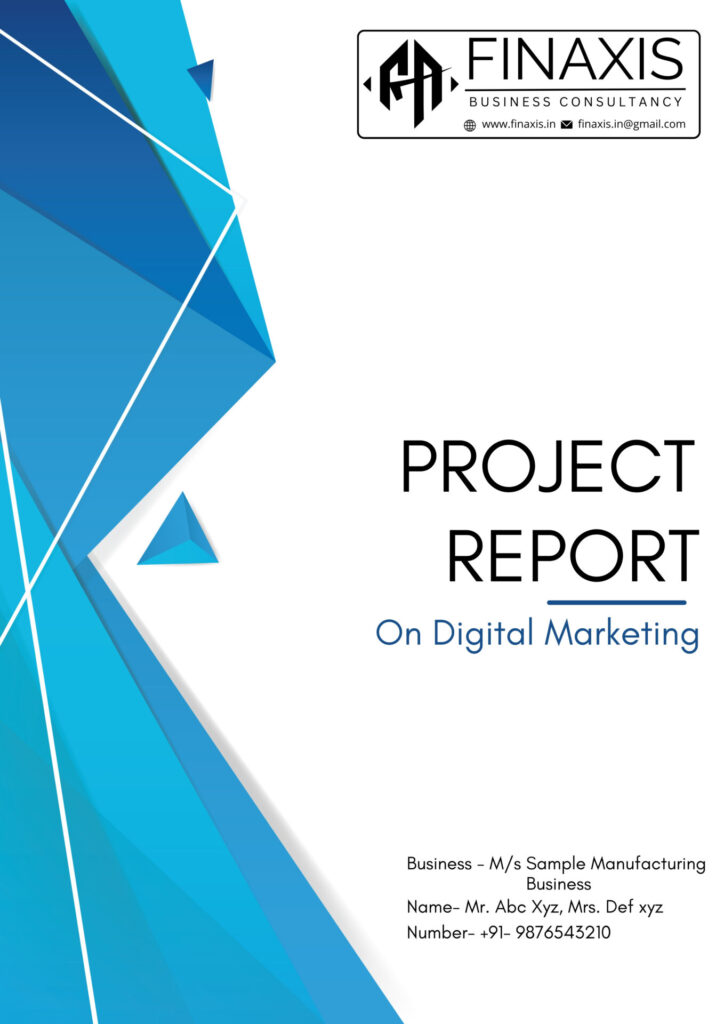Section 80eeb Electric Vehicle Deductions

The government offered an electric vehicle purchasing incentive in the 2019 Union Budget. The finance minister announced in his budget speech that improved batteries and registered e-vehicles will be rewarded under the scheme. From the AY 2020-21, a new section 80EEB has been added, allowing a deduction for interest paid on loans made for the purchase of electric vehicles.
Characteristics of Section 80EEB
Eligibility Requirements
Individuals are the only ones who can benefit from this tax break. No other taxpayer is eligible for this deduction. As a result, you cannot claim any benefit under this provision if you are a HUF, AOP, Partnership firm, company, or any other type of taxpayer.
Subtraction Amount
Section 80EEB allows you to claim a deduction for interest payments up to Rs 1,50,000. Individual taxpayers are permitted to own and operate an electric car for personal or business purposes. Individuals who own an electric vehicle for personal use would be able to deduct the interest paid on the loan with this deduction.
Individuals can also claim a deduction under section 80EEB for business expenses up to Rs 1,50,000. Any interest payments in excess of Rs 1,50,000 are deductible as business expenditures. The car must be registered in the name of the owner of the business enterprise in order to be claimed as a business cost.
Individual taxpayers should receive the interest-paid certificate and have the relevant documentation on hand when filing the return, such as the tax invoice and loan paperwork.
The Following Are The Requirements For Claiming The Deduction:
- To purchase an electrical vehicle, a loan must be obtained from a financial organization or a non-banking establishment.
- The loan must be approved at any time between April 1, 2019, and March 31, 2023.
- The term “electric vehicle” refers to a vehicle that’s powered solely by an electrical motor and whose traction energy is supplied solely by a traction battery installed within the vehicle, likewise as having an electrical regenerative braking system that converts vehicle K.E. into power while braking.
Electric Car Mobility Solutions Are Being Promoted
Phase II of the celebrity scheme for promoting electric mobility within the country has been authorized by the Union Cabinet. the celebrity (Faster Adoption and Manufacturing of Electric Automobiles) program may be a government of India incentive program geared toward promoting electric and hybrid vehicles in India.
The scheme’s ultimate goal is to market electric mobility by providing financial incentives for automobile purchases also because of the development of electric transportation and charging infrastructure. Incentives are offered for three-wheelers, four-wheelers, and electric two-wheelers under the scheme.
The scheme’s Phase II began on April 1, 2019, and can be finished by March 31, 2022. Phase II may be a more comprehensive version of the primary. FAME India clinical test would cost Rs 10000 crores and can run for three years, from April 1, 2019, to March 31, 2022.


INVEST MP Expression of Interest (EOI) For Inviting Online Tender…
Read More
Special Advance Authorization for Garments View Sample Report Directorate General…
Read More
Unutilized Input Tax Credit Refund Under GST View Sample Report An…
Read More
What is MSME Loan? View Sample Report Entrepreneurs and business owners…
Read More


